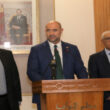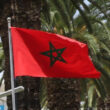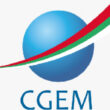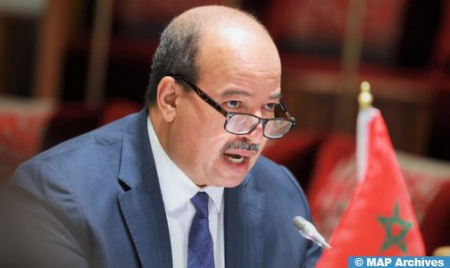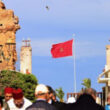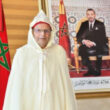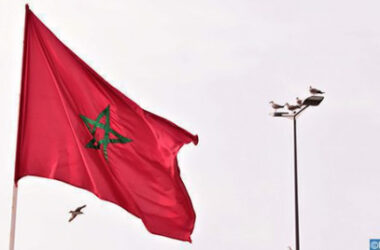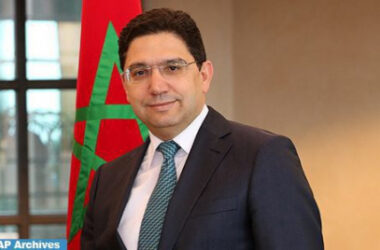Speaking on a panel entitled “Parliaments and religious leaders: promoting dialogue and collaborating for our common future”, Mayara affirmed that the Moroccan Parliament would soon take all the necessary steps to put into practice HM King Mohammed VI’s proposal to create a joint mechanism within the IPU whose mission would be to make interfaith dialogue between the different components of the international community a noble common goal.
“Through this initiative, we support the idea that interfaith dialogue must be an institutional and continuous work that will enable us to achieve our objectives of peace and security, fulfilling the duties of economic and social development while preserving human dignity from all forms of abuse,” said Mayara.
Returning to the highlights of the first day of the conference, Mayara pointed out that it was marked by the reading of the message addressed by HM King Mohammed VI to the participants, reflecting the Sovereign’s enlightened vision and His strategy to support interfaith dialogue and ensure its sustainability as a priority of the Inter-Parliamentary Union.
“Today, we will explore and expose the relationship between two essential components of international action to anchor the values of openness and tolerance, rejecting all forms of intolerance and separatism, with the aim of laying the foundations for the creation of a cohesive society and the rule of law, underpinning regional and international peace and security, as a sine qua non for economic, social and human development,” noted Mayara.
Thus, legislative institutions are concerned by this dynamic as a platform for meeting and responding to the concerns of individuals, minorities and communities, while religious leaders are involved in this dialogue as actors benefiting from a spiritual influence important to the preservation of peace, he argued.


